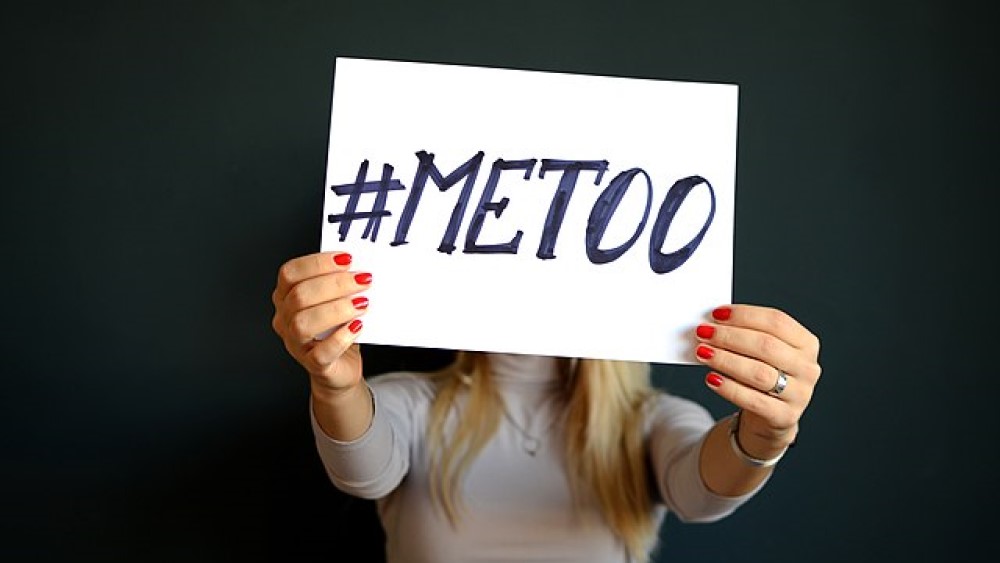
Lately, Taiwan has found itself at the epicenter of a burgeoning #MeToo reckoning, with over 100 survivors bravely stepping forward to share their experiences of sexual harassment and abuse. The movement gained momentum recently after Chen Chien-Jou, a former Democratic Progressive Party (DPP) staffer, publicly disclosed her ordeal on Facebook, narrating an incident of inappropriate touching by a filmmaker associated with the DPP. Her revelation triggered a cascade of accusations against prominent figures in politics, the arts, academia, and civil society.
A crucial point in Taiwanese pop culture—the TV show "Wave Makers," which featured a plotline about sexual harassment in a political context—influenced Chen's decision to speak out. This portrayal resonated with Chen, providing her with an emotional outlet and a catalyst for her own revelation. The impact was immediate, leading to the resignation of senior DPP officials, an internal investigation, and a commitment from the party's leadership to reform their approach to handling sexual misconduct.
The movement, which began within the political sphere, quickly transcended party lines, enveloping various segments of Taiwanese society. Over 150 individuals, both women and men, shared their stories, implicating high-profile figures across different sectors. This groundswell prompted legislative action, with Taiwan amending laws to introduce harsher penalties, extend reporting periods, and address abuse of power in cases of sexual harassment.
However, the challenges are manifold. Cultural norms rooted in patriarchal expectations and generational divides persist, hindering a comprehensive shift in societal behavior. While legislative changes are a step forward, activists emphasize the need for a broader cultural transformation. The amendments to existing laws are seen as a starting point, but societal attitudes must evolve to eradicate deep-seated misogyny and victim-blaming.
Crucially, the movement has laid bare the pervasive issue of sexual harassment in Taiwan, challenging the notion of staying silent. Victims, emboldened by the courage of those who came forward, are breaking the silence surrounding the deeply ingrained acceptance of harassment. The rallying cry "Let's not just let this go" from "Wave Makers" has become symbolic of a collective determination to confront the problem head-on.
The impact of #MeToo in Taiwan extends beyond legal reforms. It signifies a seismic shift in cultural awareness, encouraging self-reflection and challenging ingrained norms. As Taiwan navigates this complex terrain, it faces the imperative to dismantle age-old power structures and foster an environment where survivors feel heard, supported, and, most importantly, believed.
The #MeToo movement in Taiwan is not just about legal ramifications; it's a societal awakening that demands sustained efforts toward dismantling entrenched gender norms and fostering an environment of respect and equality. The journey has just begun, but Taiwan is poised to emerge from this reckoning with a transformed cultural landscape.
